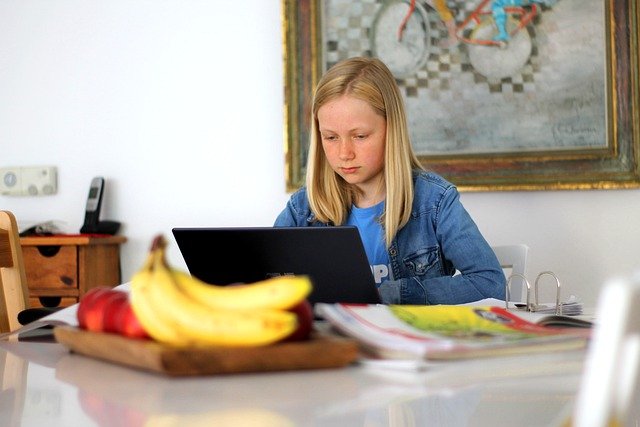
Homeschooling & The Scoop On Socialization: Is This Something I Need To Worry About
Societies are interested in ensuring that the next generation has the social skills and expectations necessary to integrate into and contribute.
Many individuals believe that schools are responsible for guiding youngsters through the process of becoming well-behaved citizens who understand their society’s standards. And how to fit in without being a liability to the community. As a result, they may be concerned about how homeschoolers will acquire these abilities outside of the classroom.
How do homeschoolers interact with one another? This is one of those queries that most homeschoolers seem to encounter daily. It is such a non-issue that it is amusing! Homeschoolers feel that socializing is an essential component of a child’s overall development. However, homeschoolers do not lack this vital component; it simply comes in different shapes and sizes.
If you want to get the essential education, possible but cannot leave your homes for all or part of your studies. The ICademy Middle East, an online school, maybe the best choice for you. Within middle and high school communities, “the ICademy Middle East,” as the best Dubai American Academy, aims to promote academic engagement, improve social and emotional competencies, minimize risk behaviors, and encourage supportive interactions. Home School Global Dubai can genuinely assist your children in becoming self-assured and socially mature individuals. Any homeschooling parent in UAE will tell you that homeschooling and socialization go hand in hand. Why? It is simply that simple.
Your children will have numerous possibilities for good social development if you. And your children participate in activities with other people.
Some argue that social learning scenarios in the classroom and on the playground transmit a very different skill set than what children would need as adults. Youngsters are typically grouped by age and developmental ability in traditional schools. And resulting in vast children with comparable talents — and common shortcomings. On the other hand, homeschoolers tend to interact with a broader range of people and groups. As a result, individuals can learn new talents from considerably more socially competent people. And then confirm those skills by teaching younger or less experienced people. The group’s more socially experienced members serve as role models for others to follow. This is an essential sort of socialization that isn’t typically included in social learning in a group of children of the same age.
Regardless of age, becoming socially active with others is known as socialization. Is not it a perfect description of a regular day in the lives of a homeschooling family? We are frequently out, which provides plenty of possibilities for socializing, and are at the park and the library, respectively. We are going to historic places and museums. And also go grocery shopping, send items through the mail, and help at a soup kitchen. Therefore, as you can see, homeschool socialization takes many forms.
Strong friendships assist children in understanding life. Friends help in celebrating achievements, encouraging, and wiping away tears. So, where do homeschoolers meet new people? Everywhere! In addition, as the popularity of homeschooling grows, more and more social clubs for homeschoolers spring up all over the place.
The idea that homeschooled youngsters do not have friends is a frequent misconception. Homeschooled children, on the other hand, are generally active. They participate in several activities to form deep friendships with other children. On the other hand, homeschooled children are more likely to have friends of various ages. They also build deep ties with adult coaches, co-op teachers, friends’ parents, and so on.
What Impact Does Homeschooling Have on Social Skills?
Homeschooling has been shown to have a favorable impact on socialization in studies. Kids are continuously keeping an eye on what is going on around them. Children see their parents and elder siblings interact with others and aspire to be like them. Homeschoolers, mainly middle school students, have higher self-esteem and are more at ease in social situations when they are not subjected to negative peer pressure.
Conclusion
Homeschooled pupils are significantly more likely than standard students to be out in the real world. This is crucial. This broadens a child’s peer group and provides them with a broader range of social learning opportunities. These encounters give children confidence. Kids who feel empowered are more likely to dream large. They are more likely to want to excel academically, have a good effect on others’ lives, and give back to their communities. This is unquestionably a win-win scenario. It takes time and works to ensure that your children are socially proficient, but the benefits are priceless. You may be concerned about socializing if you are contemplating homeschooling. As a result, the ICademy Middle East professionals are here to reassure you that homeschooling may help you mold your children’s social skills constructively. So contact us today.




